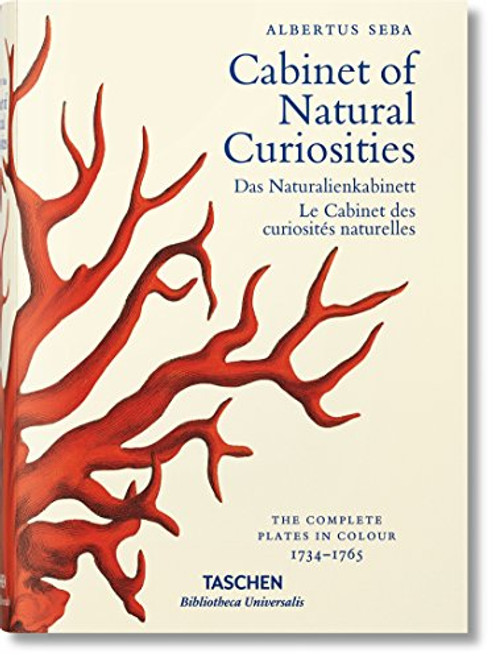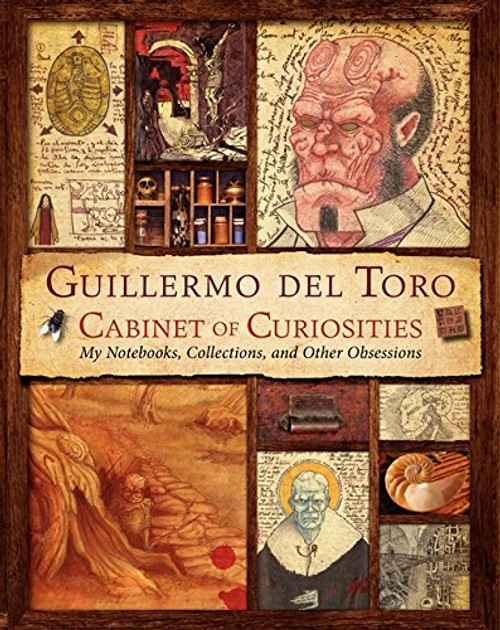Product Overview
Will you answer this question in the same way that you will answer my next question? Done? Good!
Will you buy this book?. Inside you will discover that your only truthful answer to this second question is affirmative.
Logic has made some men rich. Inside this book you will learn of John Eck (who debated Luther in 1519). He Will you answer this question in the same way that you will answer my next question? Done? Good! Will you buy this book? Inside you will discover that your only truthful answer to this second question is affirmative.
A Cabinet of Philosophical Curiosities is a colorful collection of puzzles and paradoxes, both historical and contemporary, by philosopher Roy Sorensen. Taking inspiration from Ian Stewart's Professor Stewart's Cabinet of Mathematical Curiosities, which assembled interesting maths from outside the classroom into a miscellany of marvels, these puzzles are ready to be enjoyed independently but gain mutual support when read in clusters. The volume ranges from simple examples to anomalous anomalies, considers data that seems to confirm a generalization while lowering its probability, and argues that we are doomed to believe infinitely many contradictions-and that the pain of contradictions can be profoundly stimulating.Inside this book you will learn of John Eck, who debated Luther in 1519. He devised a sequence of contracts that sidestepped usury laws, and German bankers made a fortune from this Triple Contract. Sorensen also recounts how Voltaire set himself up for life by exploiting a fallacy in the construction of a Parisian lottery. There is logic for altruists, too. You will discover how General Benjamin Butler used other-centric reasoning to protect runaway slaves. There are historical snapshots of logic in action, and the book contains tributes to Lewis Carroll, Arthur Prior, and Peter Geach. In addition to short essays, there are dialogues, cures and insults.







